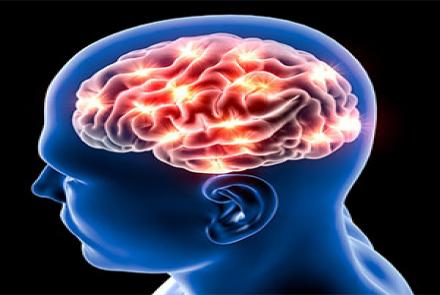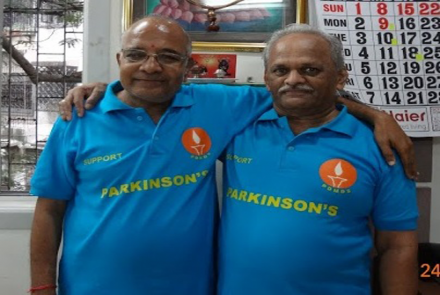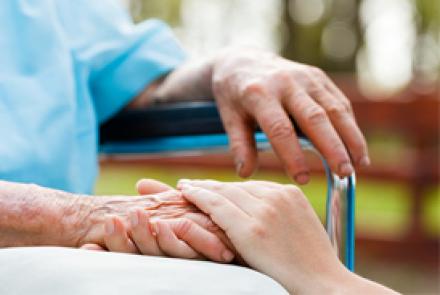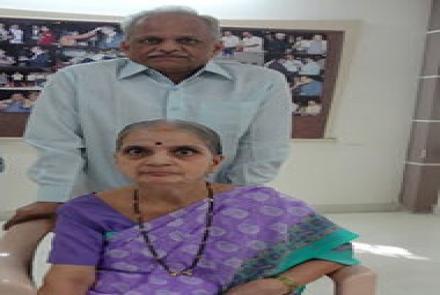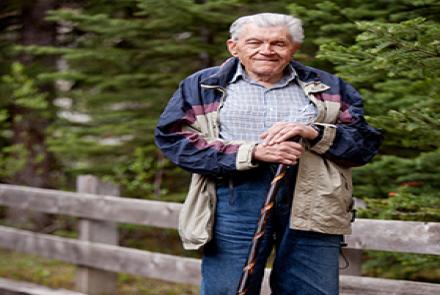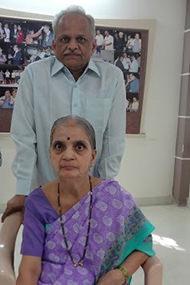
A caregiver is someone who lives with, regularly helps or looks after a person with Parkinson’s and is directly involved in his/her care and well being. The following section focuses on the various aspects of this role.
Dealing with the Diagnosis and how you can help
A diagnosis of Parkinson’s can be a life changing event not only for the person who is diagnosed but for family and friends as well. Initial reaction to the diagnosis can be of shock, denial, sadness, fear, anger and even guilt.
Family members may not be able to believe how their healthy loved one can have Parkinson’s, they may worry what the illness holds for them and their loved one, they may fear losing their loved one and some might even hold themselves responsible for the diagnosis (although that is never the case as Parkinson’s has no known cause)
The diagnosis of Parkinson's does bring about changes in the lives of the PWP and his/her family. There will be changes in roles and duties. For example; a caregiver may have to become more involved in making family decisions, assuming responsibility for additional household activities, managing the symptoms and treatment of the PWP etc.
But it is important to bear in mind that Parkinson’s is a part of your and your family member’s life, but not life itself.
The following guidelines will help in making this journey easier for you and your loved one:
• Knowledge about Parkinson’s, its signs and symptoms, treatment and management will help you cope with the diagnosis and feel prepared for possible challenges that your loved one may face.
Read here: Understanding Parkinson's Disease
• No two people will have the same signs and symptoms. The symptoms and their progression for each PwP vary. Therefore, comparisons are not helpful.
• Parkinson’s develops gradually therefore a newly diagnosed person may stay independent for several years after the diagnosis. As the symptoms develop, help would be needed based on nature of complaints.
• Just as it is difficult for you to accept that your loved one has Parkinson’s, it is difficult for him/her too. They therefore need your patience and support to come to terms with the diagnosis and take control of the illness.
• Give your loved one the time and space to absorb the diagnosis but at the same time don’t let him slip away into isolation and depression. Be there for him/her and look to the future together with optimism, hope and determination.
• Open and honest communication among family members is of utmost importance.
• Your loved one might not be comfortable in disclosing the diagnosis to friends and work colleagues right away. Discuss with him whether he would like others to know and the details that are to be shared. Respecting his/her decision and need for confidentiality is very crucial.
• Do not treat your loved one like a patient. Remember, your loved one is a mature responsible adult who wouldn’t like to be seen as weak or treated with sympathy. Encourage independence and offer help only when needed or requested.
• Do not allow your lives, conversations, decisions to revolve around Parkinson’s alone.
• Encourage and allow your loved one to be independent and engage in activities of daily living just as they used to before the diagnosis. Slight help may be provided in situations where it seems necessary.
• Quite often, due to the symptoms of Parkinson’s such as fatigue, tremors etc, PWPs may not be interested in socializing or interacting with family and friends. However, once they initiate the activity, they usually enjoy it. Therefore, help your loved one initiate the first few steps.
• There will be days when the PWP will be angry, emotional and sad. During these trying times, it’s important not to lose hope. Instead, support each other to get past it.
• A positive frame of mind, family support, healthy communication, regular exercise, nutritious diet, medications and a strong spirit is all that is necessary to remain healthy and happy.
Coming up next week : Challenges that the Caregivers may face. Stay Tuned!




